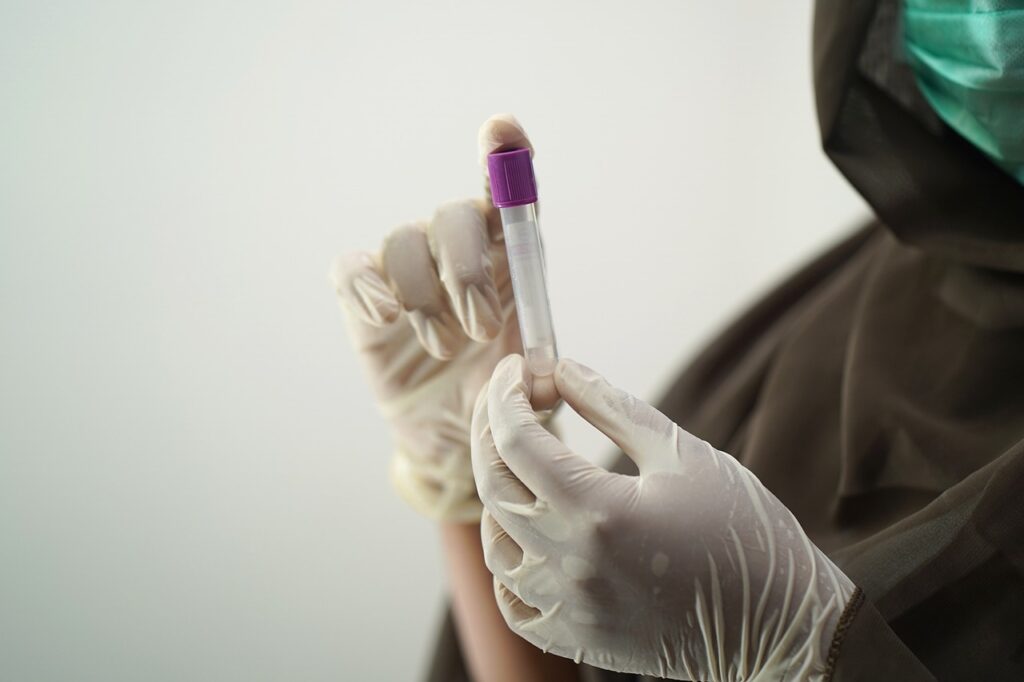According to a study on hindawi.com, the presence of abnormally elevated levels of serum IgG4 was correlated with a greater likelihood of patients living with autoimmune hepatitis to present with cirrhosis, a condition in which the liver’s function is degraded due to long-term scarring and damage. The study, officially titled “Autoimmune Hepatitis with Elevated Serum IgG4 Levels Have a High Prevalence of Cirrhosis at Diagnosis,” was first published in the scientific journal Canadian Journal of Gastroenterology and Hepatology on January 4th, 2021.
About Autoimmune Hepatitis
Autoimmune hepatitis is a rare disease of the liver in which the body’s own immune system begins to mistakenly attack cells of the liver, triggering an inflammatory response. What causes this process to begin is unclear, but liver cells present with MHC class II receptors in the disease, which could be the result of a genetic abnormality or prior liver infection. These receptors cause the response from the immune system. Symptoms of autoimmune hepatitis include abdominal pain, fatigue, jaundice, joint pain, liver failure, weight loss, fever, and nausea. The treatment of the disease typically involves the use of immunosuppressants, such as corticosteroids or chemotherapy agents. Most patients can eventually achieve remission from their symptoms, but they almost always relapse. It is most common among people of middle age (40-50) with about 50,000 cases in the US. This disease can negatively affect life expectancy. To learn more about autoimmune hepatitis, click here.
About The Study
The researchers understood from previous data that some patients that were diagnosed with autoimmune hepatitis presented with elevated IgG4 while others did not. With that being said, little effort had been made to more fully identify and distinguish the clinical characteristics of those patients that presented with the elevated levels. This was the primary goal of the study.
This study looked at data from a total of 152 patients. These patients were then categorized based on their IgG4 serum levels, with those with levels greater than 1.35 g/l placed in the elevated group and those with levels less than or equal to 1.35 g/l placed in the normal group. This placement revealed several characteristics that helped defined the group with elevated levels. Patients with elevated IgG4 were more likely to be older in age. In addition, they were more likely to be male (34.15 percent vs 12.61 percent).
These patients were also less likely to present with other extrahepatic autoimmune disease (9.76 percent vs 27.3 percent) and were more likely to present with cirrhosis (56.10 percent vs 36.04 percent). These patients were also found to have higher levels of IL-17 and IL-22. The authors concluded that being male and elevated IgG4 were independent risk factors for cirrhosis in autoimmune hepatitis; in addition, cells called TH17 were more likely to play a role in the disease mechanism in these patients.






